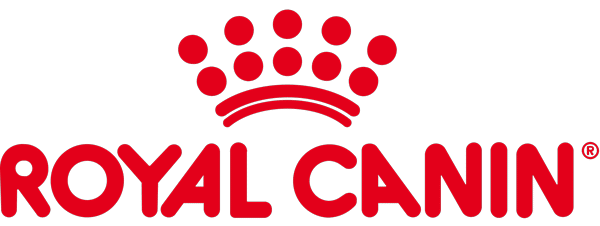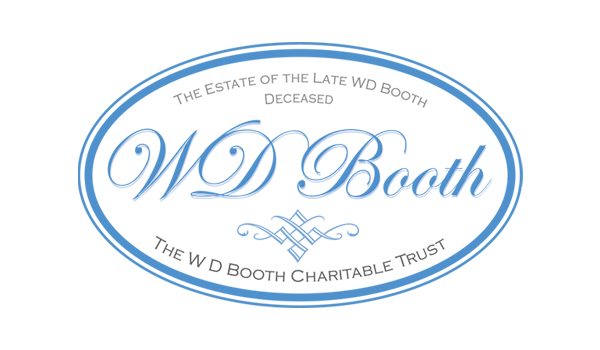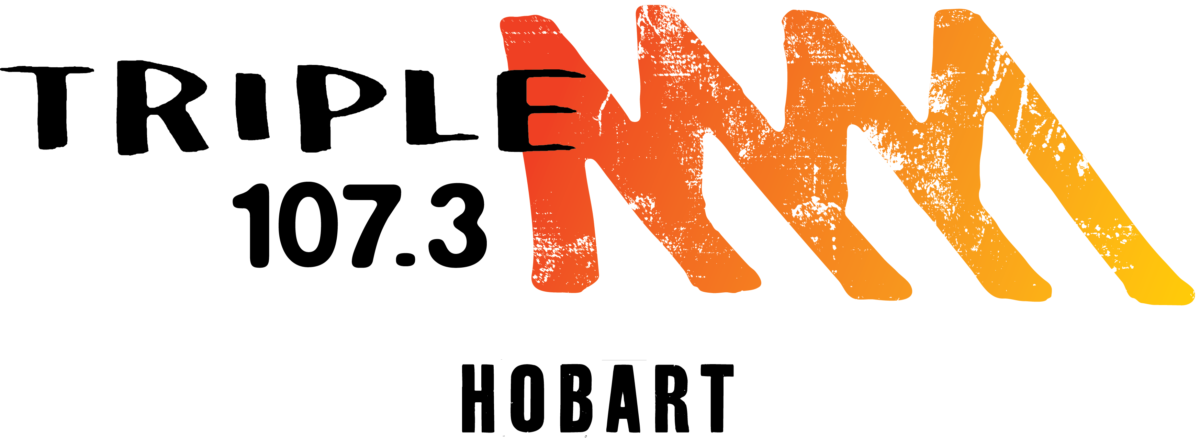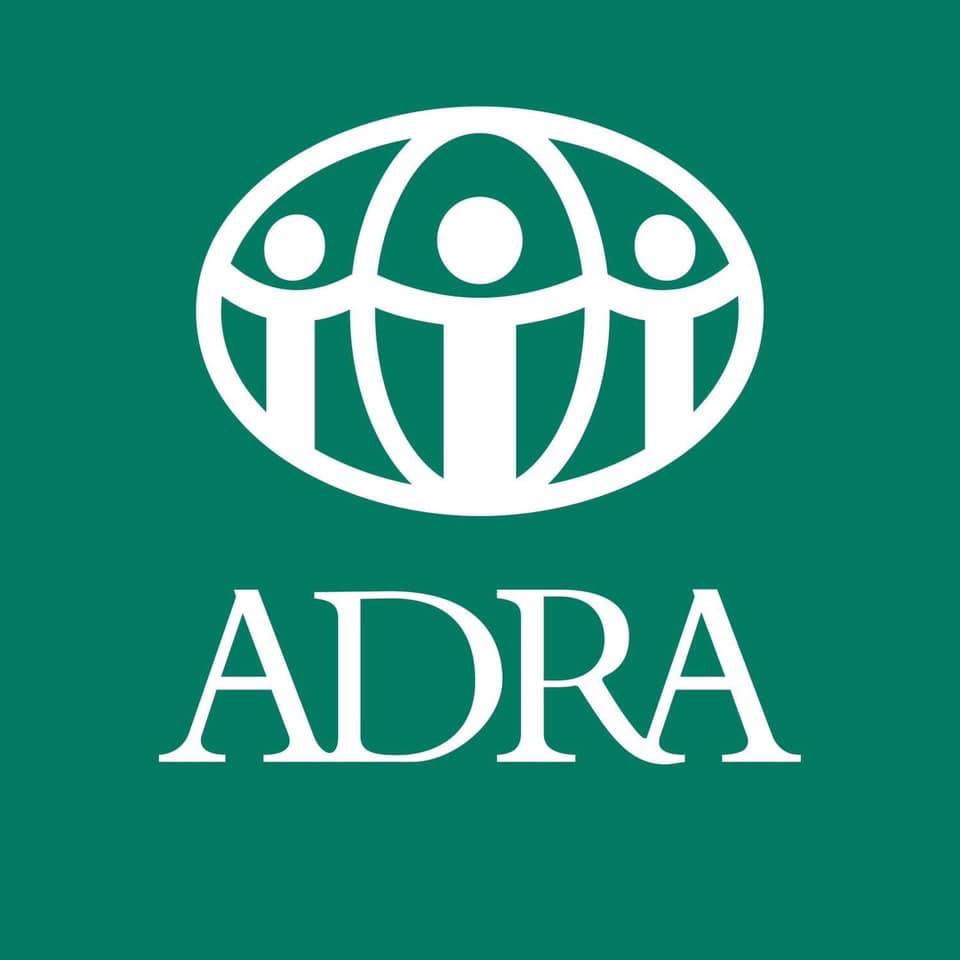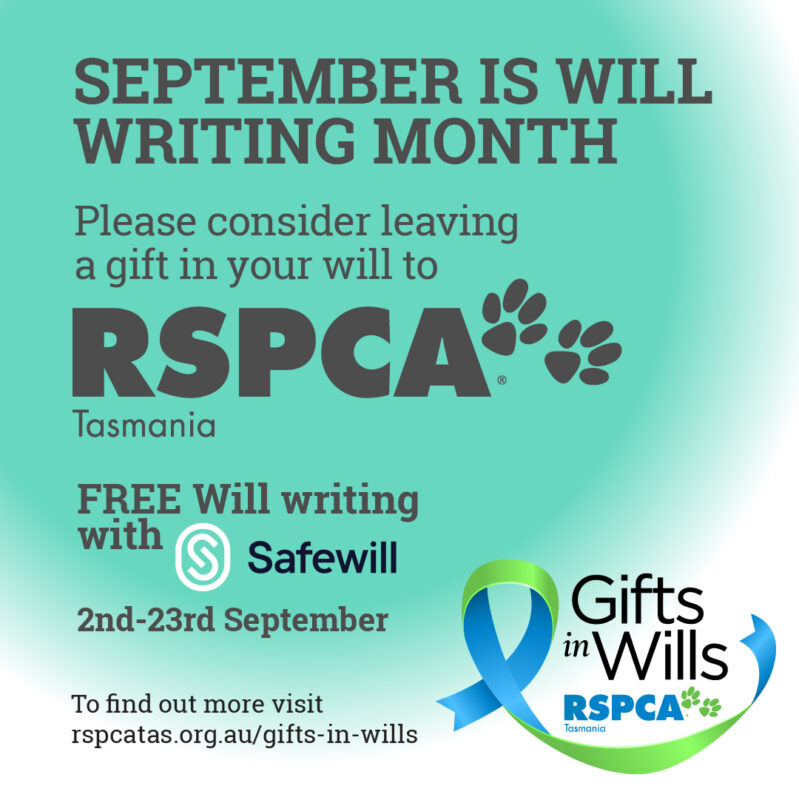“Today in Burnie Magistrates Court Robert Scott was fined $4,000 and ordered to pay $508 to the RSPCA after being convicted of 4 charges of animal cruelty. No Prohibition Order on owing livestock was given.
The charges related to 2 male goats owned by Mr Scott, both of which had cable ties around their testicles. There were also charges concerning failure to treat the goats for worms.
Magistrate Fairley, commenting on the damage done to the goats by the cable ties, noted the veterinary report had said the goats would have experienced severe pain and that without appropriate treatment the goats would probably have suffered infection and ultimately death. He pointed out that the offences were serious and in passing sentence he needed to consider issues of general deterrence and punishment.
Magistrate Fairley imposed a fine of $4,000.”
On 26 February 2021 RSPCA Tasmania received a complaint concerning two male goats located at The Gums Dairy, Red Marsh Road, Woolnorth, which were reported to have plastic zip ties on their testicles. The complaint noted that the testicles of both goats were swollen and appeared inflamed.
On 2 March 2021 an RSPCA Animal Welfare Officer, together with an Animal Welfare Officer from the Department of Primary Industries, Parks, Water and Environment, attended the Gums Dairy and Cygnet Dairy at Woolnorth. The Officers located 3 goats at a property on Swan Bay Road. Two of the goats were males; one was a Toggenburg and one was a Saanen. Both goats had cable ties around their testicles. The testicles of both male goats were swollen and inflamed, with discharges. The Officers took photographs and made video recordings of the goats.
The Animal Welfare Officers seized the male goats.
Two young male persons arrived at the property in a vehicle and informed the Animal Welfare Officers that the goats belonged to Robert Scott, their father, who was at Cygnet Dairy. The Animal Welfare Officers attended Cygnet Dairy and spoke with Robert Scott, who said under caution he owned the goats which the Officers had located at the house on Swan Bay Road. He also said he had owned the goats for about 5 months and they had cable ties on their testicles when he bought them. He told the Officers he knew the goats’ testicles were swollen and that he should have done something about them. He said he had never had a veterinary surgeon examine the goats. On 19 July 2021 Mr Scott attended an interview at the premises of Circular Head Council with Animal Welfare Officers of RSPCA and DPIPWE and under caution confirmed what he had said to the officers on 2 March 2021. Both interviews were recorded.
The RSPCA Animal Welfare Officer gave Mr Scott a seizure notice for the male goats.
The Animal Welfare Officers took the male goats to Sheffield Veterinary Clinic, where they were examined by Dr Phoebe Cahill. Dr Cahill subsequently produced a report of her observations which observed both goats were suffering infection in the scrotal and testicular region following improper castration using cable ties. She estimated the wounds caused by the cable ties were at least 3 weeks old. She noted that accepted goat castration techniques include surgical castration, use of the Budizzo castration tool or use of elastrator rings. She said that tissue swelling, infection and the presence of a large rigid piece of plastic on the scrotum would induce severe pain. Dr Cahill said it was her professional opinion that the goats were subjected to an improper castration method that resulted in local and systemic infection causing severe, avoidable and unreasonable pain and suffering. She noted the most concerning component of the case was the failure to seek veterinary assistance and without veterinary attention both goats would have likely succumbed to infection. The failure to seek veterinary attention also meant both animals continued suffering.
Corrective surgery was necessary to remove the diseased tissue.
Referring to intestinal worms, Dr Cahill said both goats were unjustifiably suffering from high, unmanaged parasitic loads, evidenced by a high worm egg count in faecal samples, which Dr Cahill estimated would have been present for longer than 3 weeks. She said the heavy worm burden contributed to the poor condition of both goats.
Both goats were transported to the RSPCA Animal Care Centre at Spreyton. Unfortunately the Toggenborg goat died of an unknown cause on 13 March 2021.
In her conclusions, Dr Cahill also remarked that a heavy worm burden coupled with poor diet was contributing to the poor condition of both animals based on their response to adequate diet and parasite prophylaxis. She said that had the goats not been seized, they would have likely died in the following days to weeks without intensive veterinary treatment.













